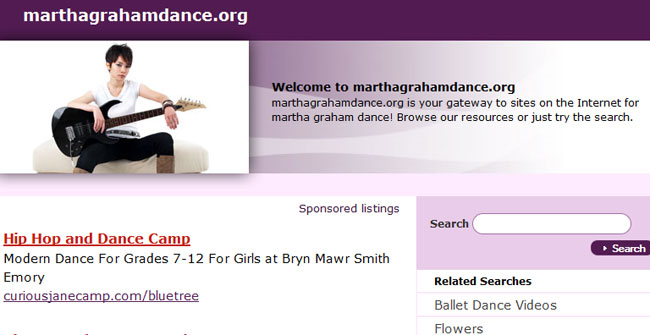Years ago I used to write letters to the newspapers criticizing their art coverage and critics; they were certainly as mean as anything Paddy Johnson's commenters have thrown my way lately. (A few were published!) The difference between my salvos and those of the Johnson posse was the context: I was complaining about actual gatekeepers with the power to decide what hundreds of thousands of people read and saw. Questioning the legitimacy of their opinions had the potential to change the dialogue.
What is at stake in telling a blogger not to link to another blogger? I suppose it's flattering that people think I need to be sidelined through non-linkage but this seems like a vestige of the print era.
Surely a better solution to the problem of a voice you don't like is to offer an alternative. The power differential between yourself and "a net guy with too much cred" is nowhere near as great as it was twenty years ago between a reader and a journalist. If you (or your commenters of choice) have something to say, readers will be drawn in those directions (via the buzz cloud!).
I am an "indie." I don't work for an institution, and have mostly ducked mainstream writing gigs the past 10 years. Since I have no gatekeeper position, it's just petty to opine whether my ideas are better or worse now than they were. If you don't like what I write, don't read it, but trying to convince other bloggers not to link to me is just being stinky for no reason.
I appreciate the frequent linkage from Paddy's blog but lately it's coming with a price. Her comments are blossoming into hatefests where any n00bie with a chip is allowed, even encouraged to vent loud and long on my shortcomings. I think of the scene in Time Bandits where Robin Hood redistributes trinkets and goblets to the poor, accompanied by a hard punch in the face from one of the Merrie Men.
I will continue to link to Paddy, and assure her that if I had commenters I would ban or castigate the first one that attacked her as a person.

